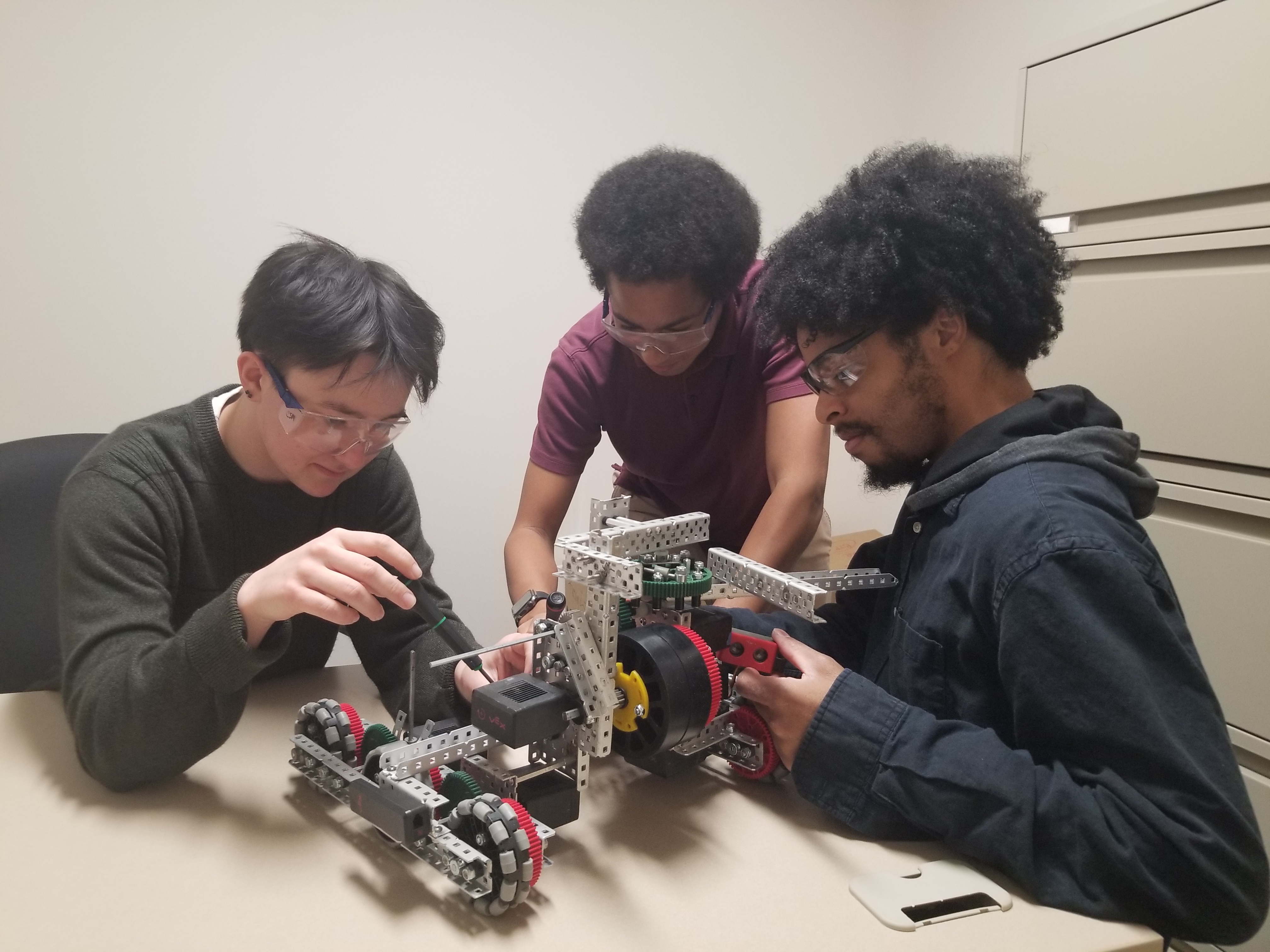CSM Partners with Local Universities, NSF to Make Students’ Microelectronic DREEMs Come True


As the country seeks to increase domestic microelectronics manufacturing capacity, the College of Southern Maryland (CSM) is partnering with regional institutions and the National Science Foundation (NSF) to ensure the next diverse generation of electrical and computer engineering employees have the skills they need – and quickly – as they seek to fill a critical, national workforce need.
CSM has joined the University of Maryland, College Park (UMD) and Montgomery College in the Democratizing Research and Experiential Education for Microelectronics (DREEM), a three-year, $300,000 NSF grant to offer project-based, experiential learning to sophomore community college students interested in, well – ‘tiny’ electronics and electronic systems.
The NSF grant increases research and career readiness and addresses systemic barriers that prevent underrepresented populations from accessing these lucrative positions. The Semiconductor Industry Association expects that more than 100,000 jobs will be added to the industry by the end of the decade, but more than half risk going unfilled without better training.
According to the White House, billions of public and private dollars are currently being invested in American semiconductor research, development, manufacturing, and workforce development.
“These incentives will secure domestic supply, create tens of thousands of good-paying, union construction jobs and thousands more high-skilled manufacturing jobs, and catalyze hundreds of billions more in private investment,” the White House said in a press release.
"This program will be a great opportunity for second year CSM Electrical and Computer Engineering students, as well as students in other majors related to microelectronics, to participate in research training, start their research academic work, and participate in experiential learning,” said Associate Professor of Engineering and Computer Science Brian Warnecke, CSM’s principal investigator for the grant.
The DREEM program is also set to equip participants with industry-ready skills and facilitate a smoother transition to either a four-year degree program or a career in the microelectronics industry. The eight-month curriculum includes a design skills workshop, a research project under faculty from the participating institutions, and a summer internship with industry partners, focusing on emerging technologies like biosensor manufacturing, signal processing, and machine learning. Students will receive individual mentorship, access to advanced labs, and competitive hourly rates for their work.
“Participating in this program will be an enormous edge for students and will positively impact their career potential,” Warnecke said, noting that it will help students to access high-quality internships and career opportunities in the Southern Maryland region and beyond.
By fostering collaboration between institutions and a strong partnership between local industries and educators, the program will align the skills taught with industry requirements. While the initial focus is on specific career skills for sophomore and junior undergraduates, the program seeks to establish a sustainable model for experiential learning, with plans to expand to other disciplines, partner institutions, companies, and student levels.
The new funding is part of NSF’s new $18.8M Experiential Learning for Emerging and Novel Technologies (ExLENT) program for developing a strong workforce in key technologies. The initial cohort includes 27 teams, tasked with expanding practical learning opportunities and growing talent nationwide.
 my.CSMD
my.CSMD